China's decision to launch an anti-subsidy probe into certain dairy products imported from the European Union fully aligns with domestic laws and World Trade Organization rules, said a commerce official on Thursday.
The government will review the applicants' qualifications, details regarding the products under investigation, the impact of these products on the domestic industry, and pertinent information about the involved countries or regions, said the Ministry of Commerce in an online notice on Wednesday.
Addressing a weekly news conference in Beijing, He Yadong, a spokesman for the Ministry of Commerce, said this case is unrelated to the EU's latest move to impose definitive countervailing duties on imports of electric vehicles.
He made the remarks after the European Commission, the EU's executive arm, announced on Tuesday its plans to impose import tariffs of up to 36.3 percent on EVs produced in China. Any potential measures would be in effect for five years, with a final decision still pending.
The dairy case was initiated in response to a request from enterprises in China. It fundamentally differs from the EC's abrupt decision to launch an anti-subsidy investigation into Chinese EVs without any request from member states or industry groups, the spokesman added.
"We will conduct the investigation openly and transparently, in accordance with Chinese laws and regulations, and in compliance with WTO rules, ensuring that the rights of all stakeholders are fully protected," said He.
In a statement released by the Brussels-based China Chamber of Commerce to the EU (CCCEU) earlier this week, the chamber said that the development of the European EV industry, along with the EC's own report, shows that there is no sufficient evidence to demonstrate that China's EVs cause substantial material injury to the EU market.
The EC's unfair use of trade tools to hinder free trade in EVs, along with a protectionist approach, will ultimately weaken the resilience of the European EV industry, disrupt the level playing field, and undermine the EU's own green transition, said the statement.
Moreover, the CCCEU said it will exacerbate trade tensions between China and the EU, sending a profoundly negative signal to global cooperation and green development.
The EU's decision to impose high tariffs on Chinese EVs is motivated by a desire to protect its domestic auto sector and by concerns over the rise of Chinese automakers, said Chen Bin, deputy director of the expert committee at the Beijing-based China Machinery Industry Federation.
However, Chen noted that the EU's tariff policy comes with significant drawbacks. To meet its ambitious emission reduction targets, including the phase-out of gasoline-powered auto sales by 2035, the EU requires affordable EVs. The high tariffs are likely to increase EV prices, potentially slowing their widespread adoption.
China saw its first half auto exports soar 30.5 percent year-on-year to 2.79 million units, said the China Association of Automobile Manufacturers.
Due to the impact of the anti-subsidy investigation, the EU was the only major automotive export market of China to experience a decline in Chinese auto imports in the first half.
Although establishing production bases in non-EU countries like Thailand and Turkiye may help bypass high tariffs and reduce dependence on the EU market, Bai Ming, a member of the Academic Degree Committee at the Chinese Academy of International Trade and Economic Cooperation in Beijing, warned that Chinese auto manufacturers should not rush into localizing production solely in response to tariff increases.













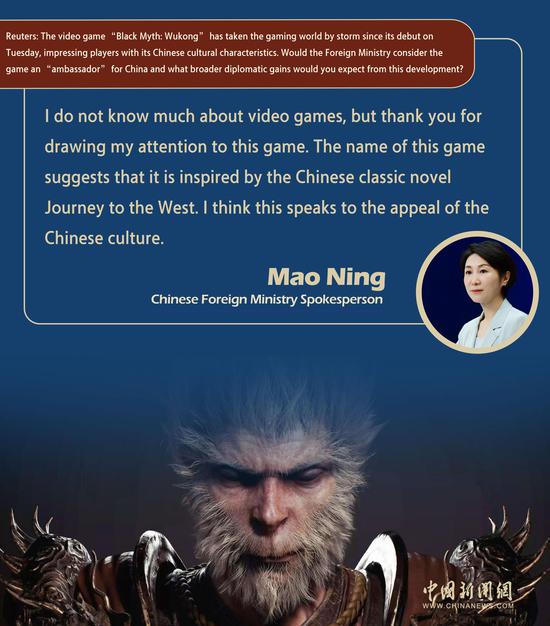
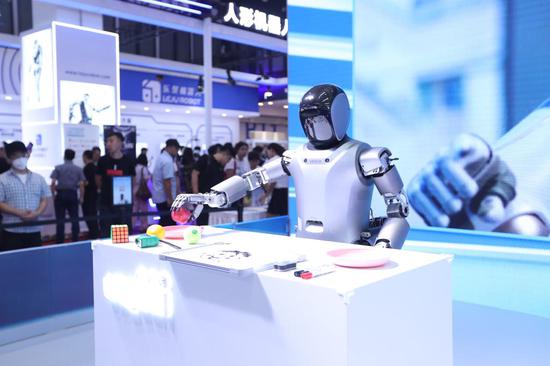


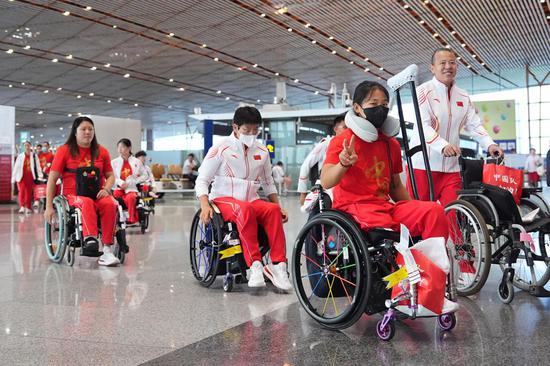
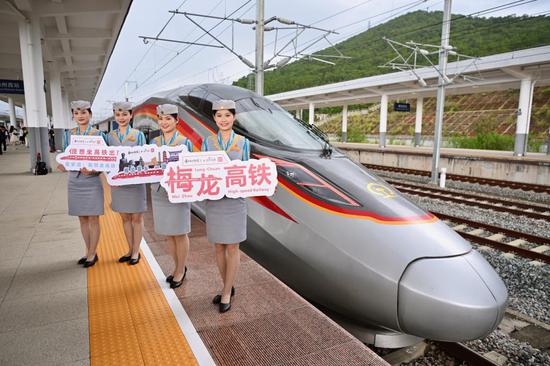
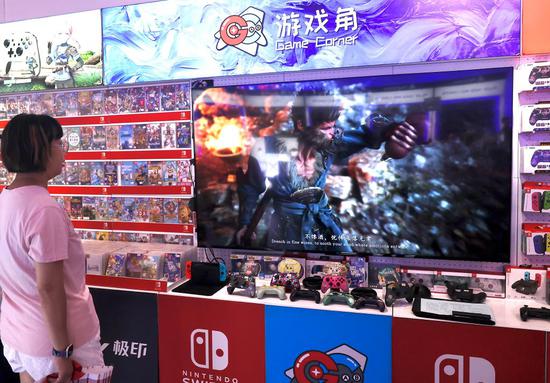




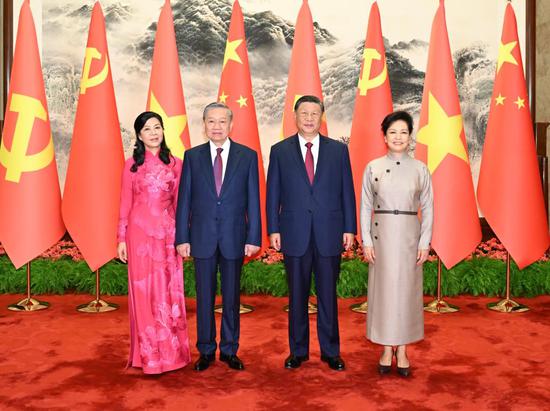
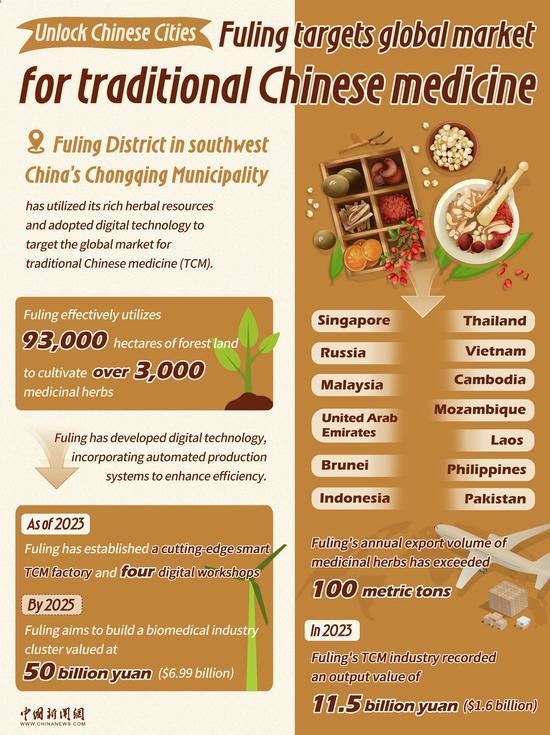
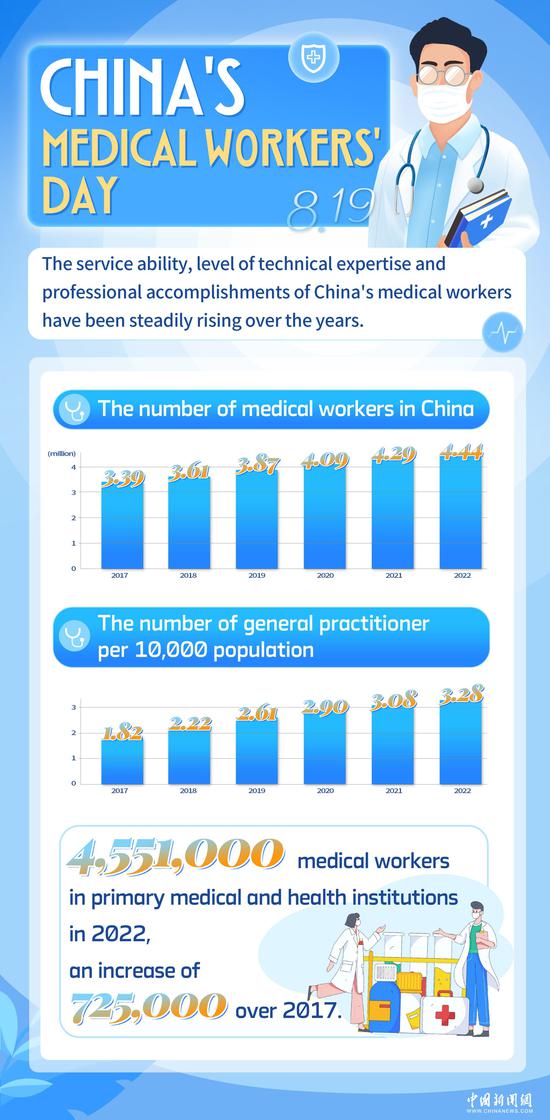
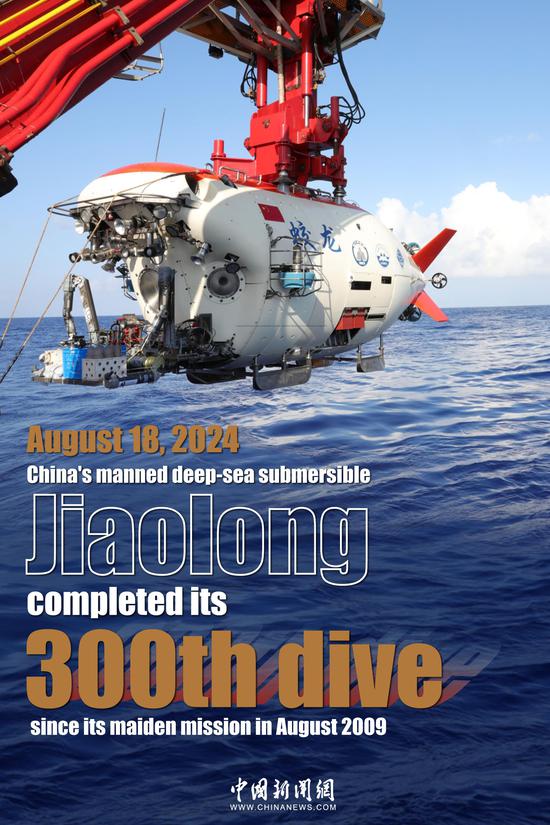
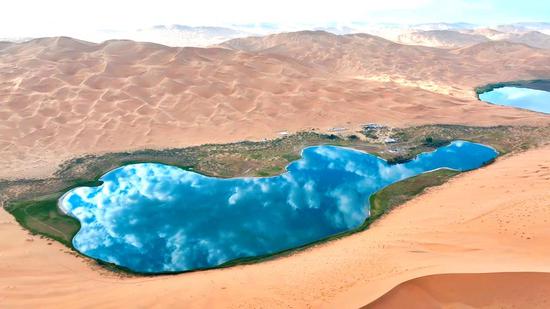
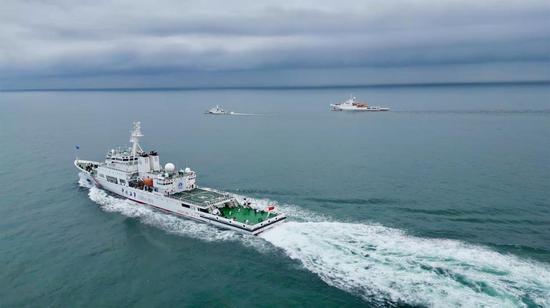
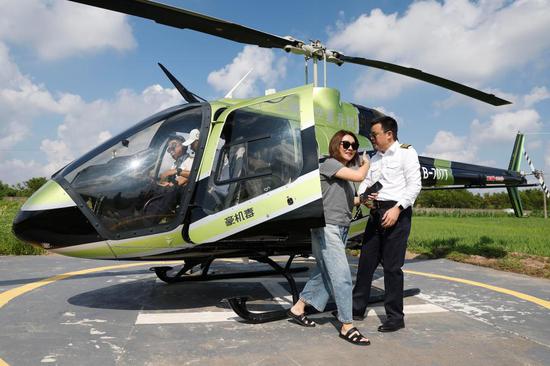
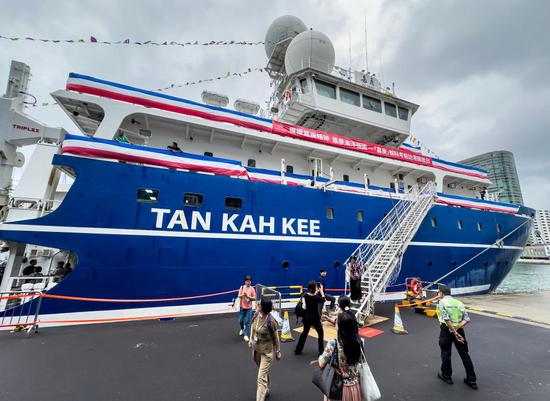
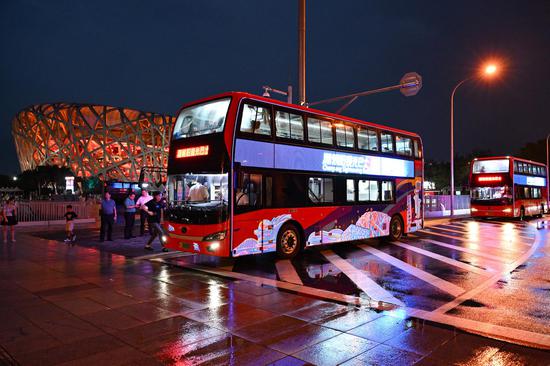
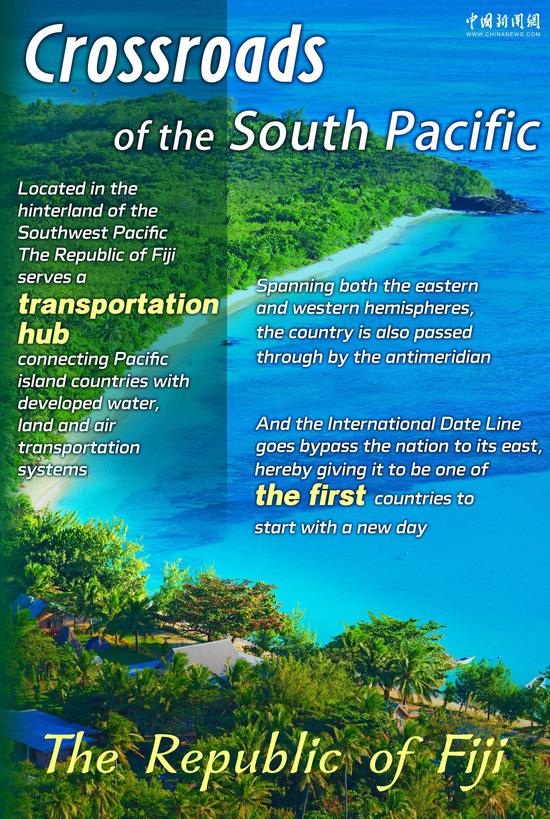

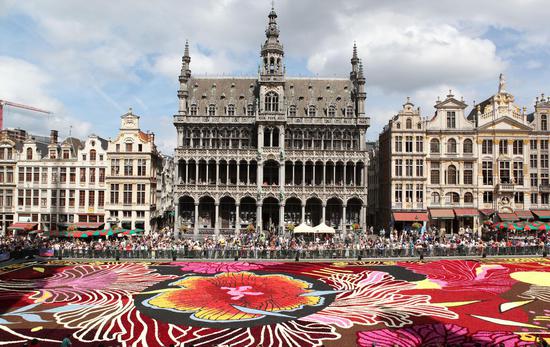
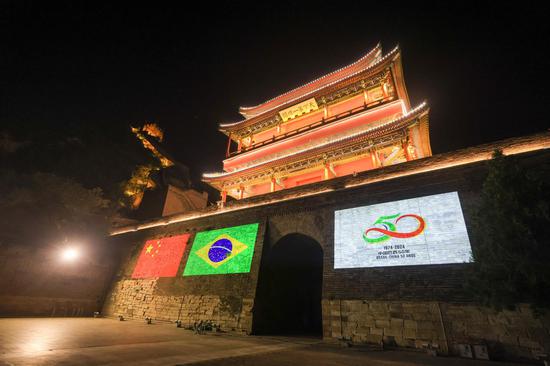
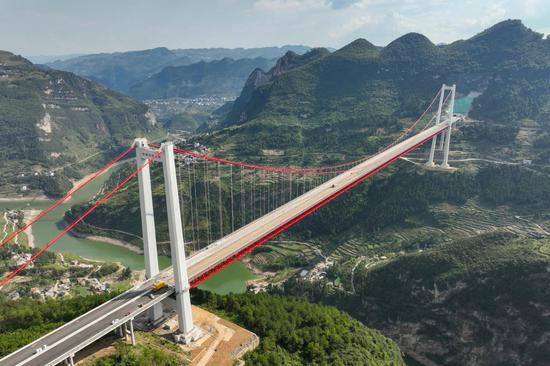
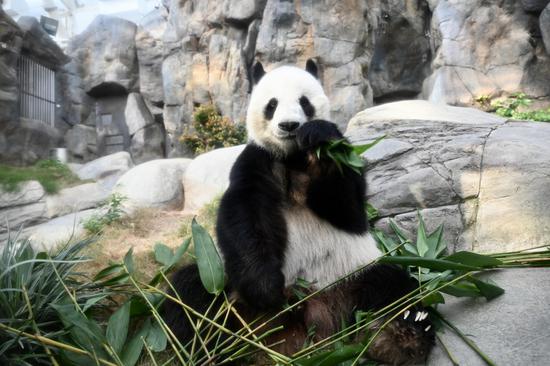
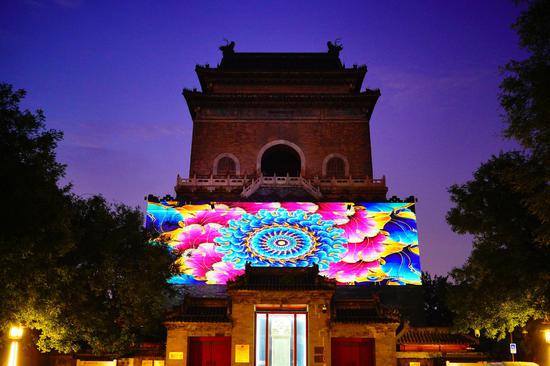
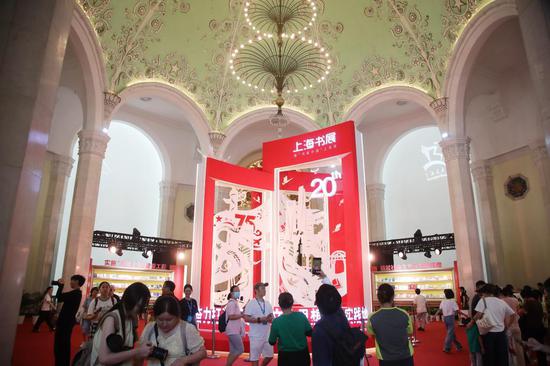

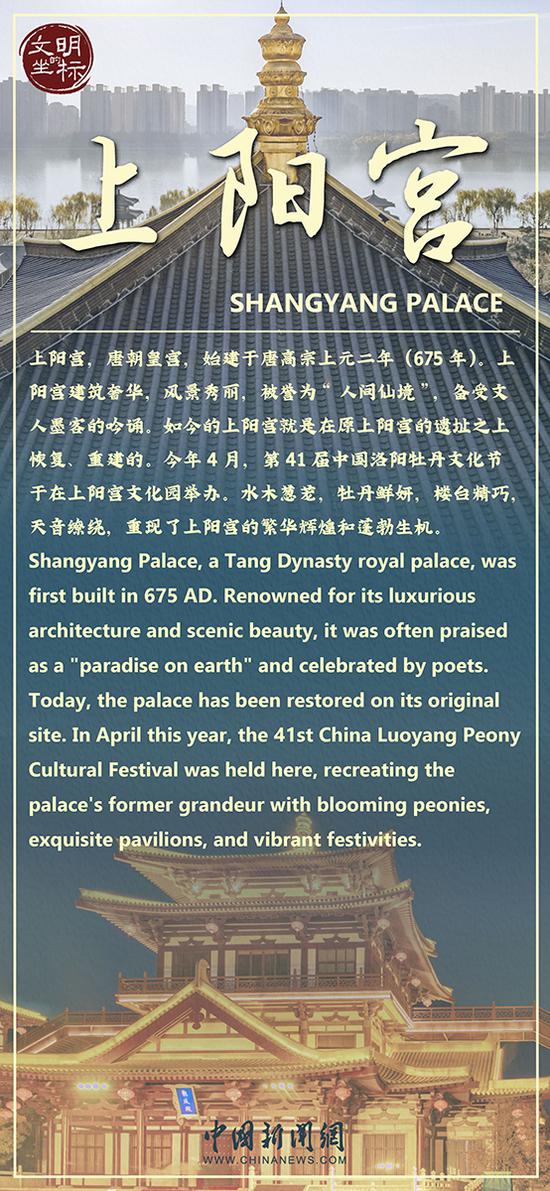



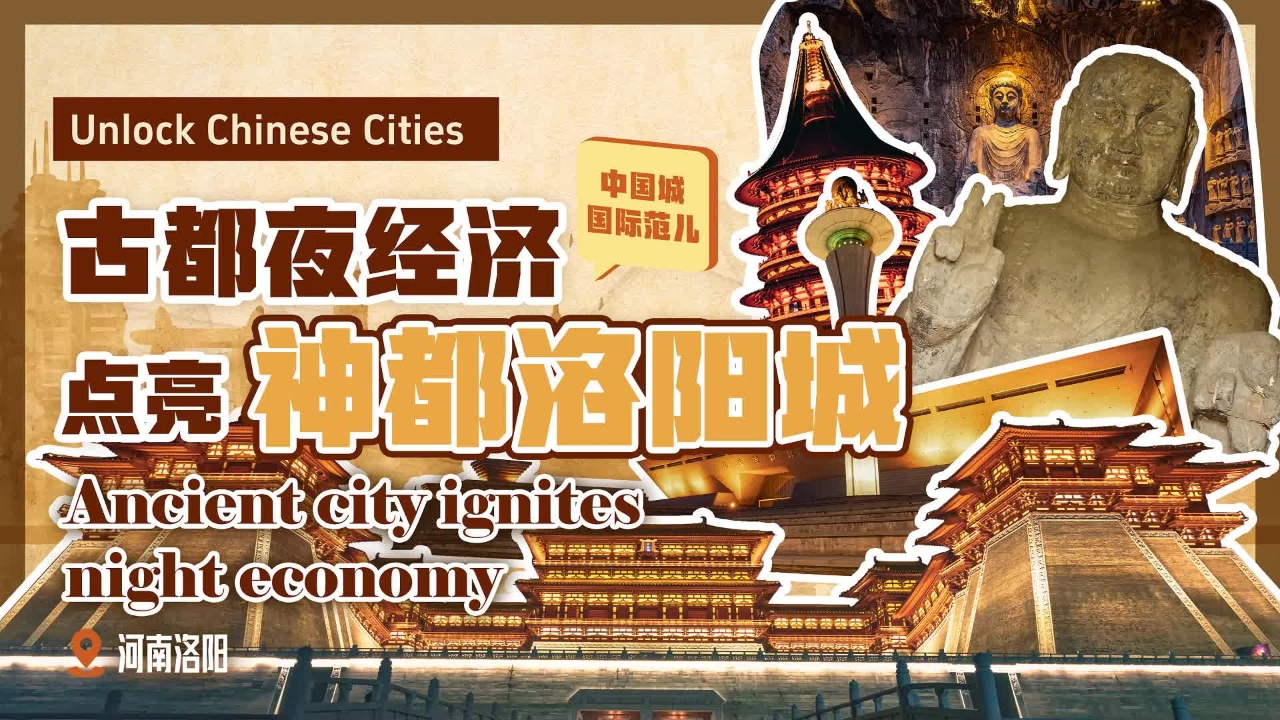



 京公网安备 11010202009201号
京公网安备 11010202009201号